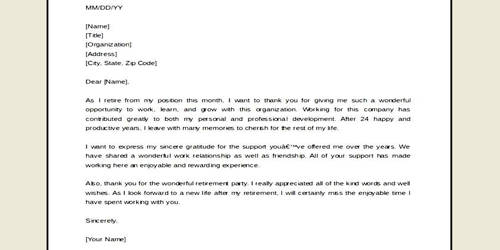Interrogation of IT workers crossing the Russian border became widespread as the war in Ukraine began. On February 28, a CGI artist from Moscow was held by customs agents at Sheremetyevo Airport’s passport control, where he was escorted to a room and questioned by an FSB officer. He was questioned about his thoughts on the “special military operation” in Ukraine and if he was aware of Anonymous-affiliated hackers.
A staff member in ordinary clothing questioned a management from another IT business on March 8 before departing from an airport in Novosibirsk. “He wanted to know what languages I could write in, whether I could hack into programs, and if I was familiar with white, gray, and black hats.” When I told him I wasn’t involved in hacking, he said, ‘That’s a pity.'” “IT professionals who have fled Russia do not want to spend their skills on wars and other nonsense that harms mankind.” It’s all about the internet, and the internet is all about freedom.”
Following the news of border interrogations, a Telegram channel called “Russian Border Control” developed, with over 24,000 subscribers at the time of writing, to allow individuals to discuss their experiences. In the course of a month, the channel’s administrator, who prefers to remain anonymous, said he uploaded more than 500 border crossing tales, the majority of which included the IT sector in some manner. A programmer flying from Moscow to Tbilisi on March 8, more than a week after the conflict began, wrote that “everyone is permitted across the border, but if guards hear the phrase ‘IT,’ then individuals are taken away for interrogation.”
Another programmer described an incident on March 9 at the Mineralnye Vody airport in southern Russia: “There were six of us flying out, but when two of us said’software tester’ and ‘online platform’ when chatting to the border guards, they were instantly brought to some room.” On March 12, a system administrator travelling from Russia to Bahrain reported that airport officials in civilian clothing pressured him for the names of the services for which he works, and that they also scanned his phone for words like “protest,” “Ukraine,” “Putin,” and “war” in his conversation and browsing history.
Another passenger, who did not want to be identified, stated that since the conflict in Ukraine erupted, interrogation of computer employees crossing the Russian border became routine. “Let’s leave the homeland’s secrets in the motherland,” one IT professional urged, as his equipment were taken away from him with the promise of returning them when he arrived. These inspections have elicited no response from the FSB. A former employee of Russia’s Ministry of Internal Affairs’ “K” Department — the ministry’s unit dedicated to investigating cybercrime — claimed to have no knowledge of the incident. Such checks, he claims, can only be explained if they involve public authorities.
The continued registration of IT professionals at the border appears to be a well-coordinated effort that, like the conflict, may easily spiral out of control. Nailya Aglickaya, a public relations manager from Moscow, claimed she left Russia on March 8 and that the border officer told her after a two-hour interview, “So you’re not an IT specialist?” You should have mentioned it. We exclusively imprison IT professionals.”
During his questioning, a programmer from St. Petersburg who moved to Yerevan, Armenia’s capital, recounted how a computer monitor with an open Excel sheet was slightly oriented toward him so he could see the border officer inputting data. “The table showed the names of everyone who was interviewed, as well as their phone numbers, residences, and opinions on the situation in Ukraine,” he recounted. “However, they only typed one of two alternatives in the ‘kind of activity’ column: ‘IT’ or ‘not IT.'”
















